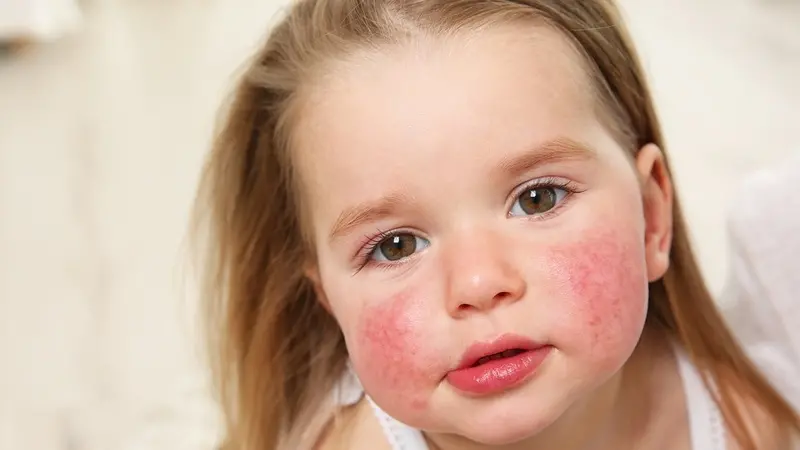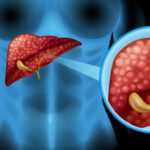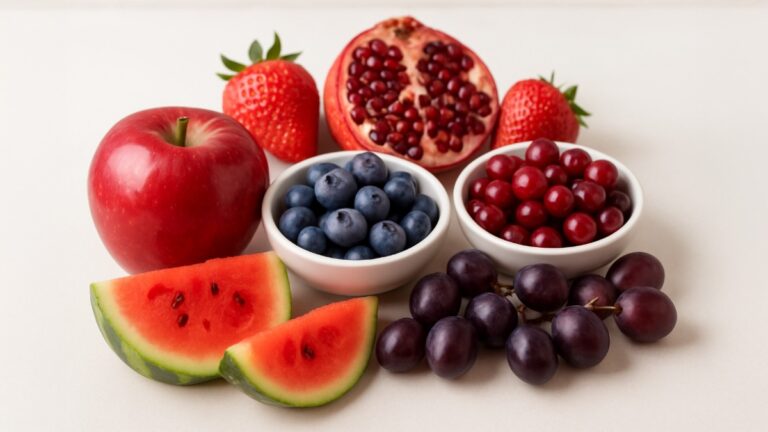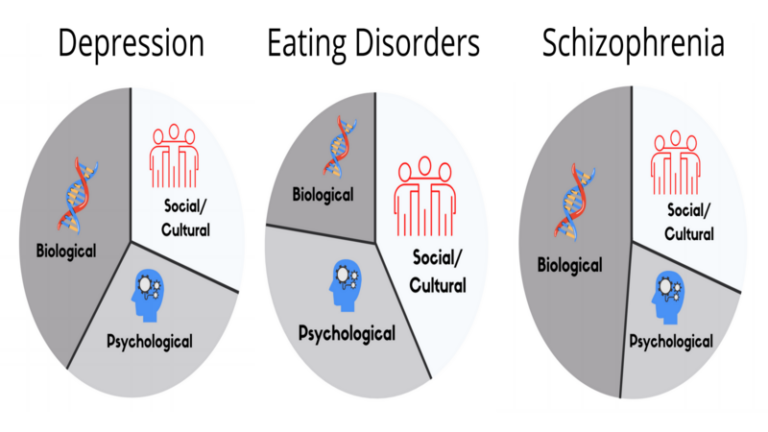Food allergies are becoming increasingly prevalent, affecting millions of children worldwide. Early childhood is a critical period for the development of allergies, and early recognition and management are crucial in mitigating their impact. This comprehensive review examines the causes, manifestations, diagnosis, management, and prevention of early food allergies in childhood. By understanding the complexity of these conditions, healthcare professionals, parents, and caregivers can work together to ensure the best possible outcomes for affected children.
Food allergies are abnormal immune responses triggered by specific proteins in foods, leading to a range of symptoms and potential life-threatening reactions. In recent decades, the incidence of food allergies has been rising, particularly in early childhood. The first few years of life are crucial for immune system development and the establishment of tolerance to various allergens. This review explores the factors contributing to early food allergies and discusses appropriate management strategies and preventive measures.
Causes of Early Food Allergies:
Genetics and Family History
Genetic predisposition plays a significant role in food allergies. Children with a family history of allergies are more likely to develop them. Specific genes are associated with increased susceptibility to certain allergens.
Immune System Development
The immune system of infants and young children is still developing, and their tolerance to food antigens might not be fully established, leading to allergic reactions.
Early Introduction of Allergenic Foods
The timing of introducing allergenic foods, such as peanuts, eggs, and dairy, has been a topic of debate. Delaying the introduction of allergenic foods might increase the risk of developing allergies.
Environmental Factors
Environmental influences, such as pollution, diet, and exposure to certain microbes, may contribute to the development of early food allergies.
Manifestations of Early Food Allergies
Common Allergens
Some of the most common allergenic foods in early childhood include cow’s milk, eggs, peanuts, tree nuts, soy, wheat, fish, and shellfish.
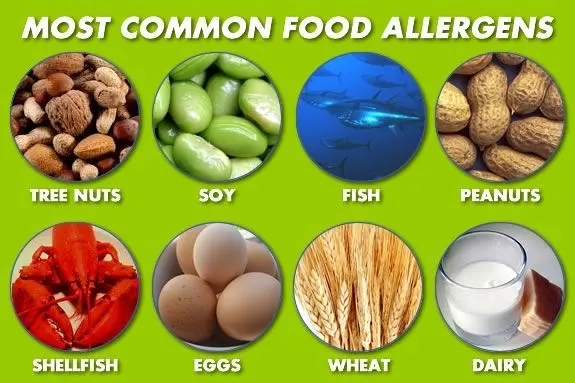
Symptoms
Early food allergy symptoms range from mild to severe and may include hives, itching, swelling, eczema, abdominal pain, vomiting, diarrhea, respiratory distress, and anaphylaxis.
Diagnosis:
Medical History
Thoroughly documenting the child’s medical history and symptoms is essential for accurate diagnosis.
Skin Prick Tests
Skin prick tests involve exposing the skin to small amounts of allergenic proteins and observing the reaction.
Blood Tests
Blood tests can measure specific immunoglobulin E (IgE) levels to identify potential allergens.
Oral Food Challenge
This is considered the gold standard for confirming food allergies. It involves supervised ingestion of the suspected allergen under medical supervision.
Management
Avoidance
Once food allergies are diagnosed, strict avoidance of the offending allergen is crucial to prevent reactions.
Emergency Action Plan
Developing an emergency action plan ensures that parents, caregivers, and schools know how to respond to allergic reactions effectively.
Epinephrine Auto-Injectors
Children at risk of severe reactions should carry epinephrine auto-injectors, which can be lifesaving in anaphylactic emergencies.
Nutritional Management
Eliminating certain foods from a child’s diet can lead to nutritional deficiencies. Therefore, working with a pediatric dietitian is essential to ensure a balanced diet.
Prevention:
Early Introduction of Allergenic Foods
Recent research has shown that early introduction of allergenic foods, such as peanuts, can reduce the risk of developing allergies.
Breastfeeding
Studies suggest that breastfeeding, especially when continued for at least six months, can help reduce the risk of food allergies.

Probiotics and Prebiotics
Some evidence suggests that probiotics and prebiotics may play a role in allergy prevention by promoting a healthy gut microbiome.
Avoiding Environmental Triggers
Reducing exposure to environmental triggers, such as air pollution and tobacco smoke, might also help prevent early food allergies.
Early food allergies in childhood have become a significant public health concern, affecting the quality of life of millions of children and their families. Understanding the causes, manifestations, diagnosis, management, and prevention of these allergies is essential in providing optimal care for affected children. By fostering collaboration between healthcare professionals, parents, and caregivers, it is possible to improve the lives of children living with early food allergies and reduce the burden of these conditions on society as a whole.
(Disclaimer: This article is for general information only. It cannot in any way be a claim or a substitute for treatment. Always contact your doctor for more details. THE MONK does not confirm this.)

